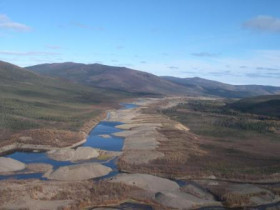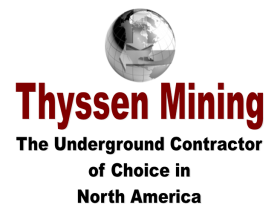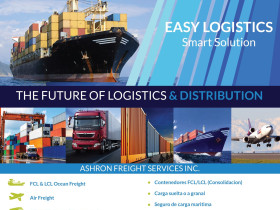Rio Tinto (ASX: RIO) and Imperial College London launched on Monday the Rio Tinto Centre for Future Materials, as part of a program to accelerate the development of new sustainable techniques and technologies needed to deliver the materials for the energy transition.
The Centre will act as a hub for collaboration, bringing together four new academic partners: The University of British Columbia, Vancouver, The University of California, Berkeley, The University of the Witwatersrand, Johannesburg, and The Australian National University, Canberra.
The UK Government’s recent Industrial Strategy Green Paper identifies clean energy industries as a key growth-driving sector and makes clear its ambitions to make the UK “a clean energy superpower”.
The program has been welcomed as “a major vote of confidence in the UK” by the UK Government, Rio said.
The Centre, created with an investment of $150 million from Rio Tinto over the next 10 years, will connect some of the world’s best researchers with the capability to help transform the way materials are sourced, processed, used and recycled to make them more environmentally, economically and socially sustainable, it said.
“The Rio Tinto Centre for Future Materials will co-create and fund research programmes that empower diverse, interdisciplinary teams to deliver innovative and transformative solutions with environment, society, and governance at their core,” Professor Hugh Brady, President of Imperial College London, said in the statement. “This work will transform the ways we extract, process, and reuse critical resources to make them more environmentally, economically and socially sustainable.”
Brady added that the clean energy industry is an engine of economic growth and is at the heart of the government’s Industrial Strategy.
“Innovative partnerships between industry and academia are critical for the world to meet the deeply physical and complex challenge of the global energy transition,” Rio Tinto chief executive Jakob Stausholm said. “The Rio Tinto Centre for Future Materials should become a global hub for investment and collaboration that will ultimately create the conditions for technological breakthroughs.”
The new Centre will focus on the major bottleneck to electrification. Research will include investigating new ways to extract copper – such as from fluids in the Earth’s crust; using microorganisms to harvest metals from rocks that only contain small volumes of copper; and the optimisation of the waste from old mine workings – with a focus on ESG from the perspective of Indigenous communities.
Source: MINING.COM – Read More










